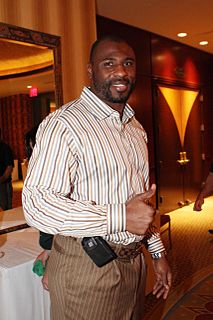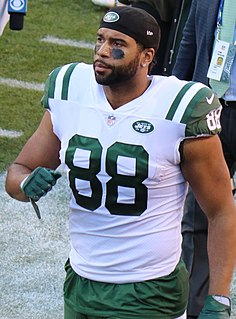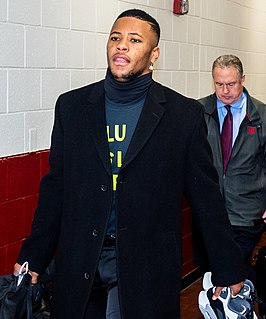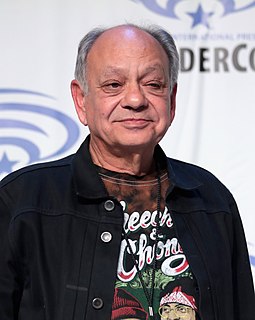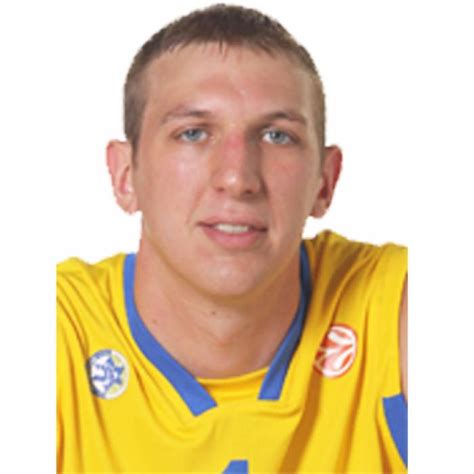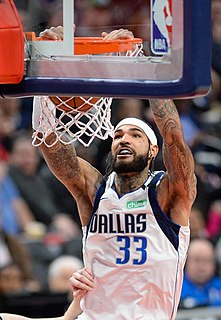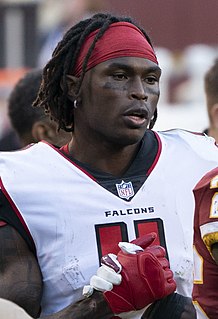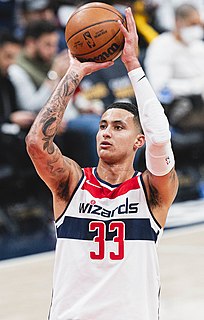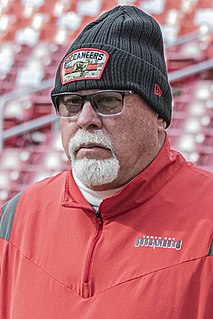A Quote by Rich Eisen
We just have fun with our NFL Draft coverage because we understand that it's a long process, and there can be technical glitches that we don't profess to ignore. During our late coverage of the Draft, we sometimes get slap-happy and distort the heads of our analysts.
Related Quotes
Almost all good writing begins with terrible first efforts. You need to start somewhere. Start by getting something-anything-down on paper. A friend of mine says that the first draft is the down draft-you just get it down. The second draft is the up draft-you fix it up. You try to say what you have to say more accurately. And the third draft is the dental draft, where you check every tooth, to see if it's loose or cramped or decayed, or even, God help us, healthy.
It can take years. With the first draft, I just write everything. With the second draft, it becomes so depressing for me, because I realize that I was fooled into thinking I'd written the story. I hadn't-I had just typed for a long time. So then I have to carve out a story from the 25 or so pages. It's in there somewhere-but I have to find it. I'll then write a third, fourth, and fifth draft, and so on.
I moved my business to Mobile Insurance because they simply understand my business better than any other insurance agency. My prior agent didn't really understand my coverage. Mobile Insurance President Kurt Kelley came in and was able to explain those coverage issues in detail to me and my legal counsel. He also saved us money and found us better coverage.
Our capacity to move forward as developing beings rests on a healthy relationship with the past. Psychotherapy, that widespread method for promoting mental health, relies heavily on memory and on the ability to retrieve and organize images and events from the personal pastIf we learn not only to tell our stories but to listen to what our stories tell us—to write the first draft and then return for the second draft—we are doing the work of memory.

